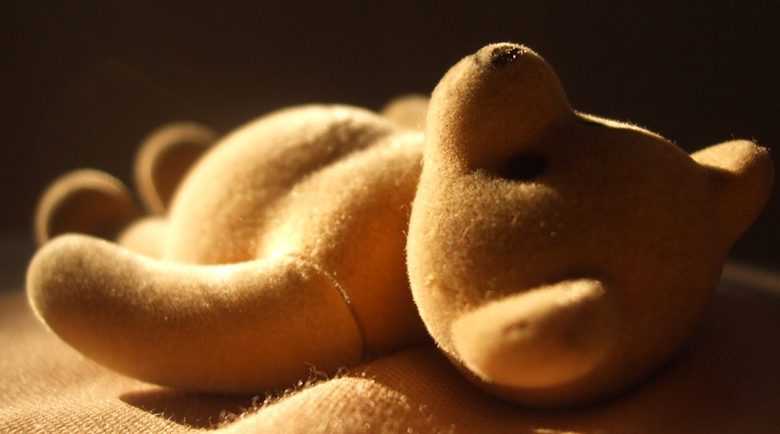
Bed requirements for varying disabilities
The majority of people will spend between half to a third of their life in bed – it seems a lot doesn’t it? This is why it’s essential to have a comfortable bed and one that gives you the right level of support.
Whether that means it is a case of having a back rest to help you sit up, extra soft bed clothes to avoid irritation, bed rails and standing hoists or even an adjustable bed, there are plenty of things out there to make your bed as comfortable for you as it can be.
Keeping a traditional bed and adding rails and handles to make life a little easier is something that a lot of people do, and NRS Healthcare provide a myriad of aids to suit everyone. For those with spinal injuries, though, a simple standing aid might not be enough, and sleeping in a traditional bed could cause discomfort resulting in an irregular night’s sleep.
Recently a new bed has been designed by Nexus DMS for trauma and spinal injuries. The bed has been designed to help turn over patients and move them around whilst in hospital to avoid pressure sores and continued discomfort. Despite being praised by the NHS for its innovativeness, it is very specialised and is currently aimed at hospitals due to its price.
Comfort in bed also stems from the type of mattress used and the pressure exerted on your joints and spine. Memory foam mattresses have been hailed as the kindest in this area and often described as an orthopaedic bed, as well as having enough ventilation to offer a comfortable night’s sleep. Should you require an adjustable bed you’ll be happy to know that Dreams beds‘ range now offer the Tempur Original Revelation Adjustable Bed that combines the benefits of an adjustable bed and a memory foam mattress. There are many types of adjustable beds to suit all budgets, and it could be the difference between a good night’s sleep and an uncomfortable night.
As comfort is essential to the wellbeing of any person, it may be advisable to visit your physiotherapist or occupational therapist to obtain their advice before purchasing anything. Should you have difficulty purchasing this type of equipment, there are various charities and NHS and local council funding avenues that can help.
Check out…
• GlamSticks: the story of these designer mobility aids.
• Motion: frustrations can inspire life-changing ideas.
• Johnathan Wade’s 10 tips for entrepreneurs and employees.
Get in touch by messaging us on Facebook, tweeting us @DHorizons, emailing us at editor@disabilityhorizons.com or leaving your comments below.